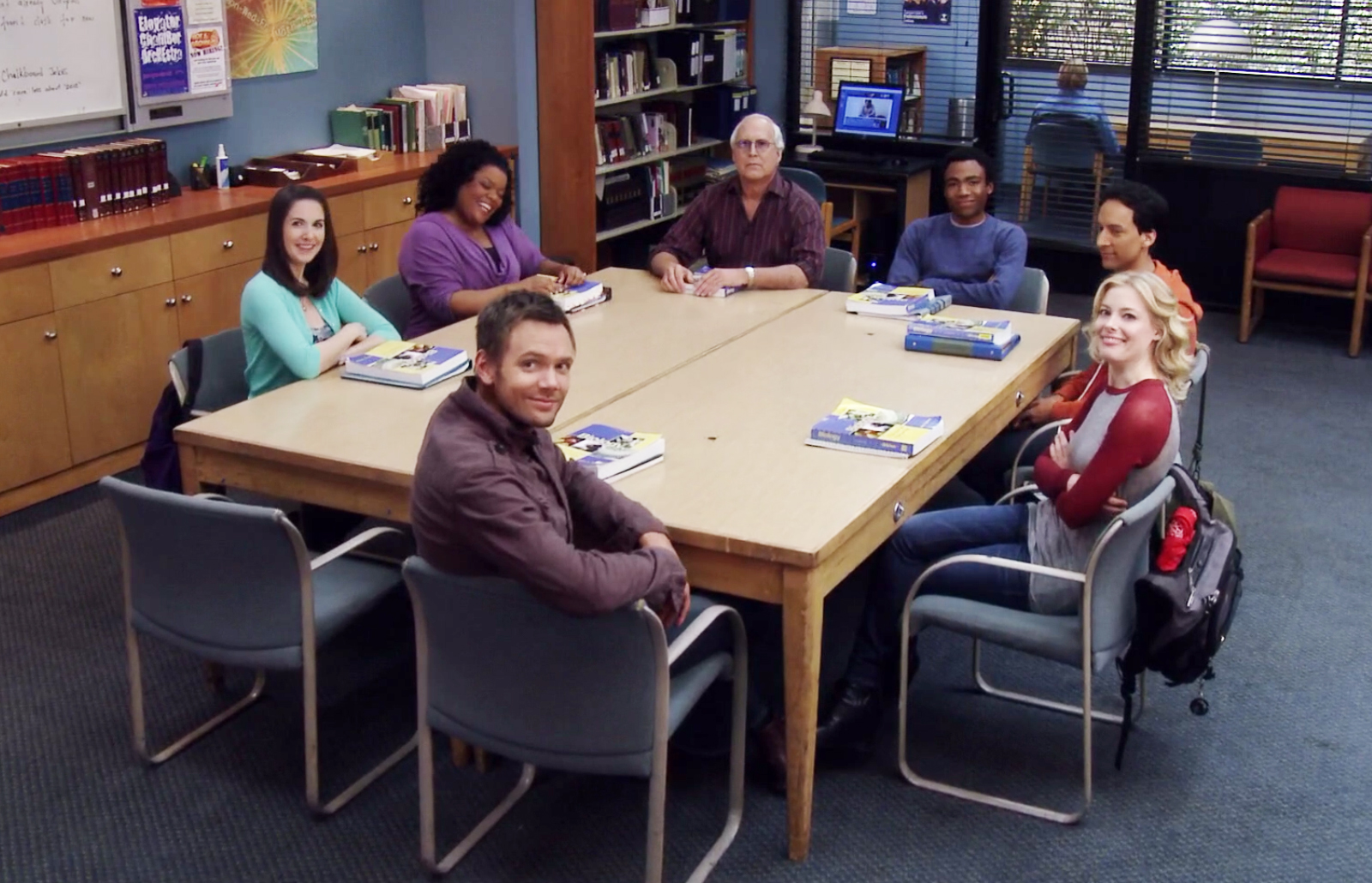Well, there’s only so much I can do to make a blog post about
thesis statements interesting, so prepare yourselves for some irrelevant
Michael Jackson gifs dispersed throughout.
I’m sure most of you have had some sort of instruction on
thesis statements, but often, students will be taught simplistic methods for
developing a thesis that they sort of latch onto rather than using the beginner’s
method at first and then evolving toward a more complex method of thesis
development. Think about giving your thesis a makeover. That look you had going in high school was fine for back them, but it just isn't working for you anymore now that you're a collegiate superstar. Time to take it to the next level!
 |
| Michael's excited about your strong thesis! |
So what makes a strong thesis?
- Promotes thinking: leads you to arrive at ideas, rather than just stating the obviou
- Reduces scope: separates useful evidence from the mass of details. (Sometimes students think, “I know, I’ll write a really general thesis, so I can add additional content to my body paragraphs if I need to,” but this creates a watered-down, vague argument).
- Provides direction: helps you decide what to talk about, what to talk about next, and what NOT to talk about. Imagine little arrows going from your central argument (thesis) to the analysis portions of your body paragraphs. Each new piece of analysis should build on that central argument.
Now, let’s take a look at what makes a not-so-strong thesis:
- Attaches
you too early to a too-large idea so that you stop actually seeing the evidence
in its
real-life complexity or thinking about the idea itself
Get outta here, Three-Point Thesis! - Produces demonstration rather than discovery of new ideas by making the same overly general point again and again about a range of evidence
- Includes too much possible data without helping you see what’s most important to talk about. You really want to avoid facts or lists in your thesis. Save your paragraph topics and information for your body paragraphs.
A strong, productive thesis…
- usually contains tension, the balance of “this” against “that.”
- often begins with a grammatically subordinate idea that will get outweighed by a more pressing claim: “Although X appears to be about Y, it’s actually arguing Z.”
- avoids listing (like a 3-point thesis/5-paragraph essay).
- uses active verbs and specific nouns.
 |
| May your thesis be as strong as the screws in MJ's shoes. |
Here are some examples of strong and weak thesis statements
that relate to our course theme:
Weak:
Homelessness can be caused by circumstances, mental illness, or addiction.
Strong: While
homelessness is a pervasive problem in American society, homeless female vets
are an especially vulnerable population.
Weak: The
upper class lifestyle isn’t all it seems to be.
Strong: One
might assume that a child raised in the upper class has it all, but upper class
children struggle in a variety of ways.
For your comment EITHER post your working thesis statement you're thinking about using for your SSI OR comment on two students' thesis statements, providing helpful/constructive feedback. Also, feel free to share your favorite Michael Jackson song/video.




